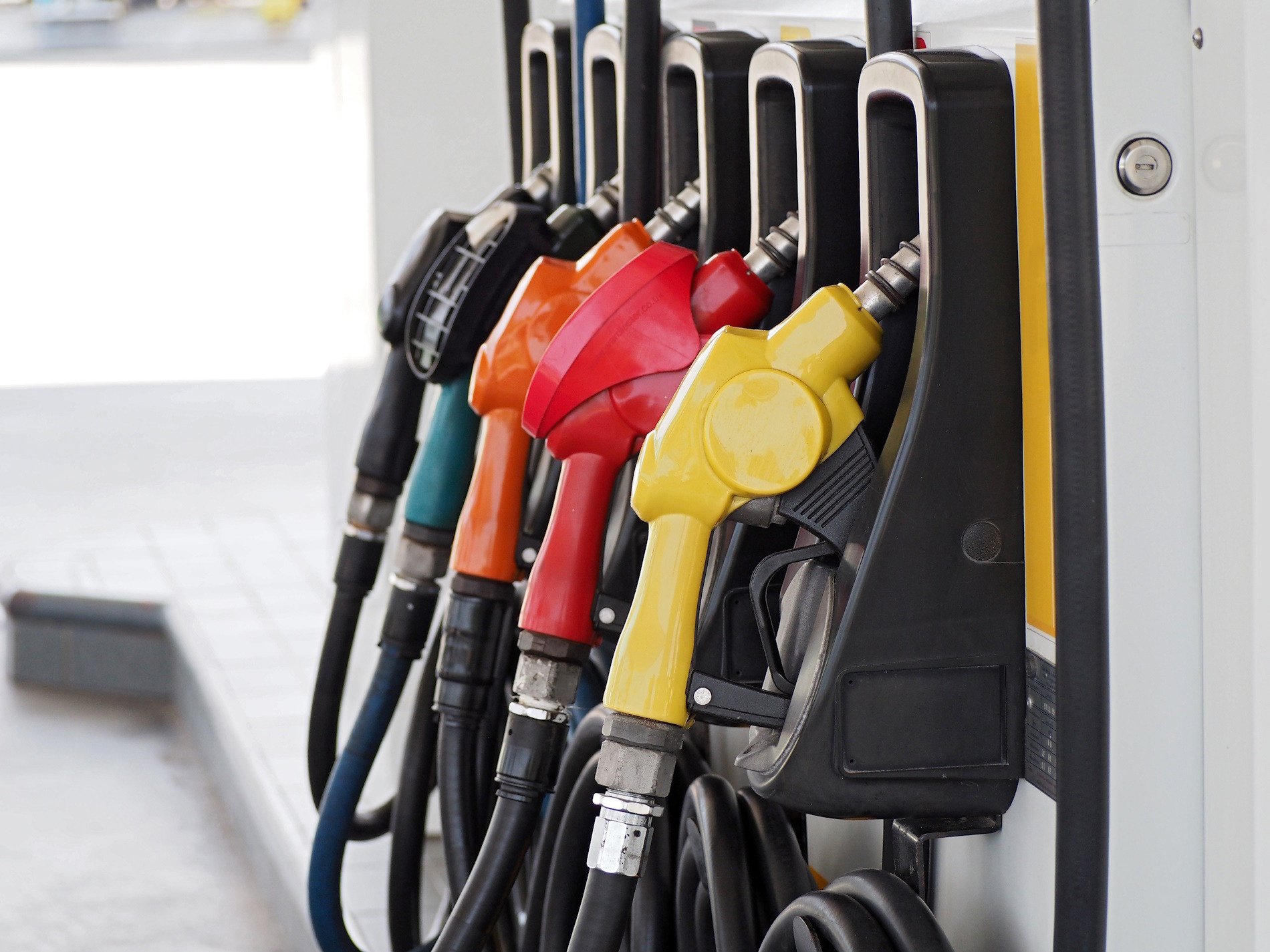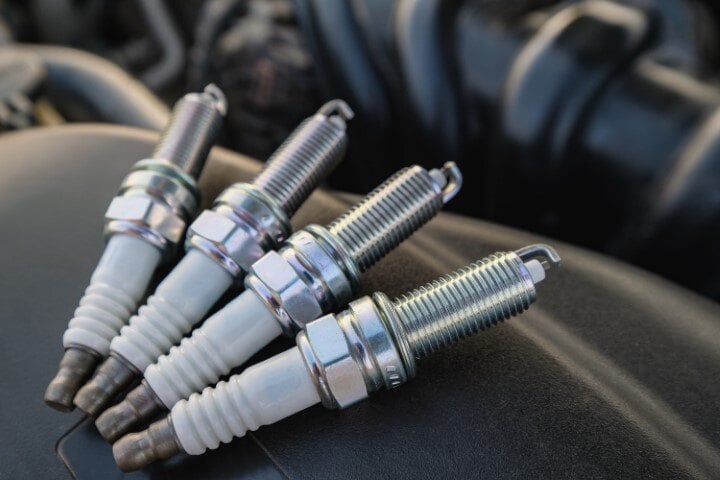What Does Octane Do In Gasoline? Octane Ratings
Most people think that higher octane in gasoline supercharges the combustion in an engine cylinder, giving them additional power and performance. It...

Following up on our previous post about premium gas containing ethanol (or not), there are lots of people out there who swear by using premium gas. For some folks, it's something  passed down to them from their parents who swore by premium gas in the same way. No doubt there has to be some perceived benefit that makes them willing to pay an twenty or thirty cents or more per gallon for high-grade gasoline. Some drivers go as far as to claim that they would quit or curtail their driving rather than be forced to go back to regular-grade gasoline. That seems rather extreme to us, personally, but to each their own.
passed down to them from their parents who swore by premium gas in the same way. No doubt there has to be some perceived benefit that makes them willing to pay an twenty or thirty cents or more per gallon for high-grade gasoline. Some drivers go as far as to claim that they would quit or curtail their driving rather than be forced to go back to regular-grade gasoline. That seems rather extreme to us, personally, but to each their own.
Our position here at Bell Performance is that putting premium gas into a vehicle that doesn't need it is simply a waste of money. That's all there is to it. But if premium gas isn't going to do you any good, you might rightfully ask what octane gas should I use? Let's look a little deeper into it.
For review, octane rating is an index they use to show how quickly (or not) the gasoline will ignite in relation to where the piston is in the engine. Gasoline engines are engineered to run best when the gasoline is sprayed by the injector into the combustion chamber and then ignited by a spark from the spark plug. If the gasoline ignites and burns at the right time, the piston will be at its best position to be forced back down by the fuel's ignition explosion. A properly functioning engine with good quality fuel will get the best amount of work and mileage out of the fuel because everything is working together at the right time and the way it should.
If the gasoline's octane rating is too low, the gasoline will actually ignite too quickly when it is injected. An explosion that happens too quickly relative to how high the piston is produces knocking and pinging - the sounds of premature detonation. An engine running like this sounds noisy and is inefficient, not getting the best mileage or power. A severe knocking problem used to cause engine damage, but now vehicles have computers that sense the problem and adjust the timing of the engine to correct it. That eliminates knocking, but takes away from mileage and performance to do so. Hence, the right octane rating of gasoline produces optimum results.
But note that we didn't say this happens if you put too-high octane fuel in the vehicle. If the engine is designed to run on 89 octane, then putting 91 octane gas in isn't going to improve when the gas ignites, because it's already igniting optimally with 89 octane. You can't improve upon "optimal". So then the 91 octane gasoline simply becomes a waste of money. The car is going to run the same on 89 octane as it will on 91 octane.
 There's no evidence that putting premium gas in a car not designed for premium gas will give you better mileage, or more power, or even last longer. The only real exception to this is in supercharged vehicles, where the supercharger improves performance by forcing gasoline into the cylinder at a faster rate than in a normal vehicle. In that type of situation, you get rapid pressure rises that aren't as easily detected by the knock sensor that would normally adjust the engine to prevent knocking and pinging. So in that specific type of case, you probably would want to pay extra for premium gas. But your 2009 Honda minivan probably isn't running on a supercharger. So save your money there.
There's no evidence that putting premium gas in a car not designed for premium gas will give you better mileage, or more power, or even last longer. The only real exception to this is in supercharged vehicles, where the supercharger improves performance by forcing gasoline into the cylinder at a faster rate than in a normal vehicle. In that type of situation, you get rapid pressure rises that aren't as easily detected by the knock sensor that would normally adjust the engine to prevent knocking and pinging. So in that specific type of case, you probably would want to pay extra for premium gas. But your 2009 Honda minivan probably isn't running on a supercharger. So save your money there.
How do you know if your car does or does not require ("spec") premium gas? Check your owners manual. But keep in mind that many cars that recommend premium gas, like Porsche, actually run fine on regular gas. This is because premium gas with a given octane rating isn't available everywhere in the world. Automakers like Porsche have to sell their cars everywhere in the world and know that you can't get 91 or 94 octane gas everywhere. So they may recommend 91 octane, but design their engines to run just fine on 89 octane.

Most people think that higher octane in gasoline supercharges the combustion in an engine cylinder, giving them additional power and performance. It...

We talked before about whether or not using high-octane premium gas gives you better mileage if your vehicle doesn't specifically call for it (we...
What's the best gas for small engines? Are there different kinds of gasoline recommended for small engine use? Sadly (depending on how you look at...